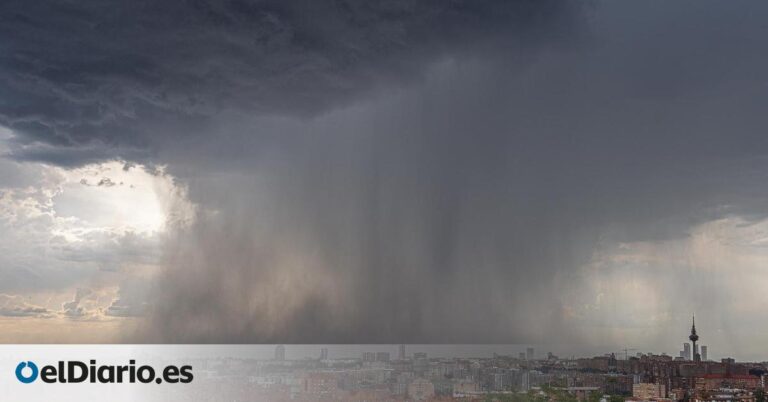
The United States will reduce tariffs on some food and textile products from Argentina, El Salvador, Ecuador and Guatemala, administration sources said. US President Donald Trump has announced several trade deals with these countries that will reduce the prices of products such as bananas, coffee, beef and citrus fruits.
In this way, the Republican Party is trying to regain control in the fight against the soaring cost of living, one of the key pillars of the last New York mayoral race, which suffered a crushing defeat at the hands of socialist Zoran Mamdani.
The new trade agreements that the United States plans to formalize as framework agreements with these four countries aim to signal the administration’s shift in strategy on the cost of living. This will involve easing some of the so-called reciprocal tariffs that affect the basic elements of the shopping cart.
“This agreement strengthens regional supply chains and trade alliances, deepens bilateral cooperation in trade and investment to provide U.S. exporters with unprecedented access to Latin American markets, and guarantees economic and national security commitments,” the White House said in a joint statement with the four Latin American countries.
“The United States will also grant most-favored-nation (MFN) tariff treatment on certain products originating from these countries that cannot be grown, extracted, or naturally produced in sufficient quantities within the United States,” the memorandum states.
Treasury Secretary Scott Bessent had already announced the measure in an interview on Fox News Network a few days ago. “In the coming days, there will be important news about agricultural products that are not grown in the United States, such as coffee, bananas and other fruits, which will cause prices to fall significantly,” he said.
Last September, the White House issued an executive order anticipating the possibility that import taxes on some items not produced in the United States could be reduced when the United States signs trade agreements with other countries.
As expected, the joint statement also specifies that tariffs will be reduced on other items detailed in the list of executive orders published in September. new york timess shows the White House is preparing tariff exemptions for hundreds of products to ease tensions over the rising cost of living.
“The Trump Administration is committed to pursuing an agile, nuanced, and multifaceted strategy on trade and tariffs,” White House Press Secretary Khush Desai said in a statement.
President Trump had ordered his commerce team to identify non-U.S. products in shopping carts in order to lower tariffs, following last week’s disastrous election losses for Republicans in Virginia, New Jersey and other local elections.
Additionally, President Trump’s partial reversal of tariffs on these countries represents a setback for President Trump’s trade policies, as the U.S. Supreme Court analyzes whether the routes used by the U.S. president to impose import tariffs are legal. In the first hearing on the case, Supreme Court justices expressed doubts about the legality of the tariffs, but have not yet issued a decision.
Argentina will grant preferential market access for exports of U.S. products, including certain pharmaceuticals, chemicals, machinery, information technology products, medical equipment, automobiles, and a wide range of agricultural products.
El Salvador will reform non-tariff barriers for the acceptance of vehicles and auto parts manufactured in accordance with U.S. vehicle safety and emissions standards, medical device and drug certifications.
Guatemala is committed to promoting digital trade, including refraining from digital services taxes and other measures that discriminate against U.S. digital services or digitally delivered U.S. products.
Ecuador will lower tariff barriers on key product areas such as nuts, fresh fruit, legumes, wheat, wine and spirits, and eliminate variable tariffs on many agricultural products. “These measures will create commercially significant market access opportunities for U.S. exports,” the memo emphasized.
According to Bloomberg, a Trump administration official said the framework agreement would be completed in about two weeks and would exempt certain items rather than reduce existing reciprocal tariffs. The White House expects retailers and wholesalers to pass some of the profits on to U.S. consumers, the official added.
U.S. tariffs on other products from those countries will remain unchanged, at 15% for Ecuador and 10% for Argentina, Guatemala and El Salvador. Additionally, these countries will ease regulatory and licensing requirements for U.S. companies and coordinate with the U.S. government on trade with non-market economies like China.



